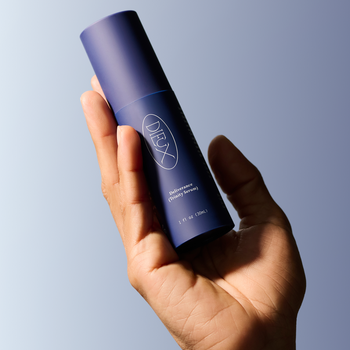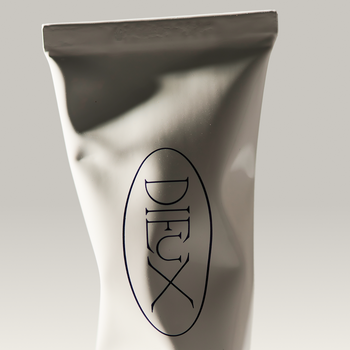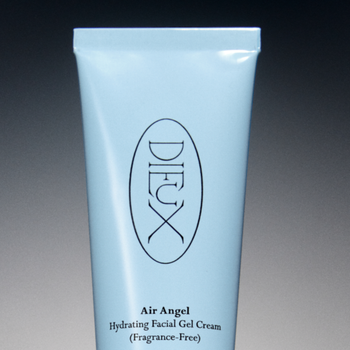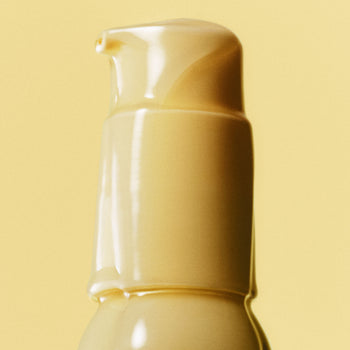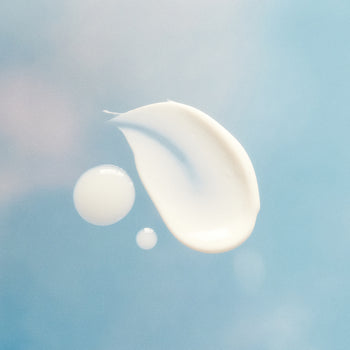
Sun-Screener FAQs
We're answering your most frequently asked questions about sunscreen!
My tinted moisturizer has SPF in it… can it replace my current daily sunscreen?
It depends! While lots of skin tints on the market now feature SPF, it’s challenging to get the required ¼ of a teaspoon on your face without a tint looking cakey. It’s possible, but it’s something to be aware of.
We recommend using a sunscreen with SPF 30 (minimum) and with broad-spectrum protection. If you can’t get enough of your tinted sunscreen on your face to get the stated protection on the bottle (if you use less, you risk getting less protection), layer underneath a sunscreen with similar filters.
Are there any UV filters or boosters that can clog pores? Which sunscreen is best for acne-prone skin?
If you’re allergic to UV filters, you may get a reaction, but the ingredients themselves are unlikely to “clog pores.” Looking at textures and the full ingredient list is a great way to determine if something will break you out. If richer creams tend to be a no-no for you, a thick, rich mineral or chemical sunscreen might not be the best option.
I have sensitive skin. Which sunscreen is best for me?
People have allergies to mineral and chemical sunscreens, so it’s important to observe how your skin reacts. We always recommend patch testing formulas before incorporating them into your routine. If you’re allergic to chemical sunscreens, you may have an allergic reaction to boosters in mineral formulas.
How should I choose between chemical, mineral, and hybrid sunscreen? Which one is “the best”?
As long as your sunscreen is broad spectrum (meaning it protects from both UVA and UVB radiation), at least 30 SPF, and is applied regularly, there is no wrong answer here. It’ll all come down to personal preference!
Why doesn’t this sunscreen checker consider the potential environmental effects (i.e: coral reef safety) of each formula or filter?
From this article on the Guardian, we agree with renowned reef scientist Terry Hughes:
“The three main threats to coral reefs are global warming, overfishing and coastal water pollution,” says Prof Terry Hughes, former director of the Australian Research Council Centre of Excellence for Coral Reef Studies at Queensland’s James Cook University, and one of the world’s leading coral reef experts. “Coral bleaching is triggered by rising temperatures due primarily to burning fossil fuels. We have already seen three global-scale coral bleaching events due to record-breaking heatwaves, in 1998, 2010 and 2015–2016, which affected 50-70% of tropical reefs. Even the most remote reefs, far from mass tourism or sunscreen, are affected by global warming. There is no scientific evidence that use of sunscreens by people has a harmful effect on coral reefs.”
The studies looking at coral reefs used extremely high levels of chemical sunscreen filters to bleach reefs. When you put high levels of zinc next to reefs, they also bleach reefs. Dr. Michelle Wong has many posts dispelling this harmful myth that uses fear (and your good nature) to sell you sunscreen.
Lastly, Europe considers zinc ecotoxic. It’s a more robust question, and “reef safe” sunscreen doesn’t mean much. If you’re wondering why certain regions ban certain filters, politicians aren’t scientists and they don’t always listen to experts. If you are swimming near coral reefs, our recommendation is to wear wetsuits and protective clothing if you’re concerned!
Where did you get this information?
Using FDA and European sunscreen databases as the backbone of our sunscreen research, this tool was created by our co-founder and Chief Brand Officer Charlotte Palermino and reviewed by our two internal chemists: co-founder and Chief Product Officer Joyce de Lemos and Dieux’s formulation and product development manager Becca Perry.
Becca’s experience is in sunscreen development, having worked on formulas at a renowned contract manufacturer, which helped inform our explanations and how we approach education around boosters. This database was then reviewed by cosmetic chemist, PhD student researcher, and content creator/educator, Ava Perkins.
This tool is made and maintained by humans, not AI (a reminder, AI has hallucinations), with individual sources used to further inform ingredient education. If you think we've missed something, please reach out to sunscreener@dieuxskin.com.
